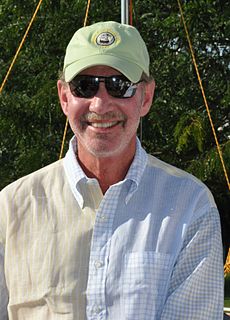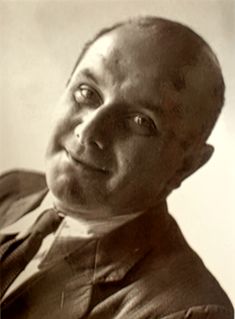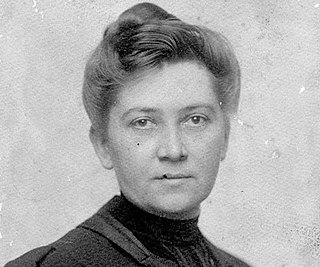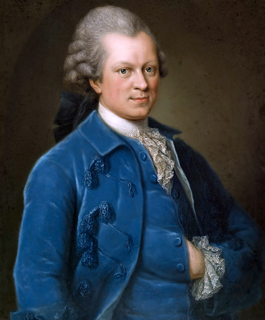A Quote by Robert Louis Stevenson
Dogs live with man as courtiers 'round a monarch, steeped in the flattery of his notice ... to push their favor in this world of pickings and caresses is, perhaps, the business of their lives.
Related Quotes
Washington has become our Versailles. We are ruled, entertained, and informed by courtiers -- and the media has evolved into a class of courtiers. The Democrats, like the Republicans, are mostly courtiers. Our pundits and experts, at least those with prominent public platforms, are courtiers. We are captivated by the hollow stagecraft of political theater as we are ruthlessly stripped of power. It is smoke and mirrors, tricks and con games, and the purpose behind it is deception.
Dogs have always provided a special kind of love and companionship that I experience only some of the time with humans. They have a strong sense of character and live the way we ought to: dogs never compare you to your sister nor make judgments in her favor. Dogs never know what is coming and so live purely in the moment, savoring the good, doing their best to endure the bad--and they offer up this miraculous example so that we can learn from it.
Reverence for life . . . does not allow the scholar to live for his science alone, even if he is very useful . . . the artist to exist only for his art, even if he gives inspiration to many. . . . It refuses to let the business man imagine that he fulfills all legitimate demands in the course of his business activities. It demands from all that they should sacrifice a portion of their own lives for others.
Money alone is only a mean; it presupposes a man to use it. The rich man can go where he pleases, but perhaps please himself nowhere. He can buy a library or visit the whole world, but perhaps has neither patience to read nor intelligence to see.... The purse may be full and the heart empty. He may have gained the world and lost himself; and with all his wealth around him ... he may live as blank a life as any tattered ditcher.
A foreign minister, I will maintain it, can never be a good man of business if he is not an agreeable man of pleasure too. Half his business is done by the help of his pleasures: his views are carried on, and perhaps best, and most unsuspectedly, at balls, suppers, assemblies, and parties of pleasure; by intrigues with women, and connections insensibly formed with men, at those unguarded hours of amusement.
In effect, you're saying that if you knew how you oughtt to live, then the flaw is man could be controlled. If you knew how you ought to live, you wouldn't be forever screwing up the world. perhaps in fact the two things are actually one thing. Perhaps the flaw in man is exactly this: that he doesn't know how he ought to live.






































